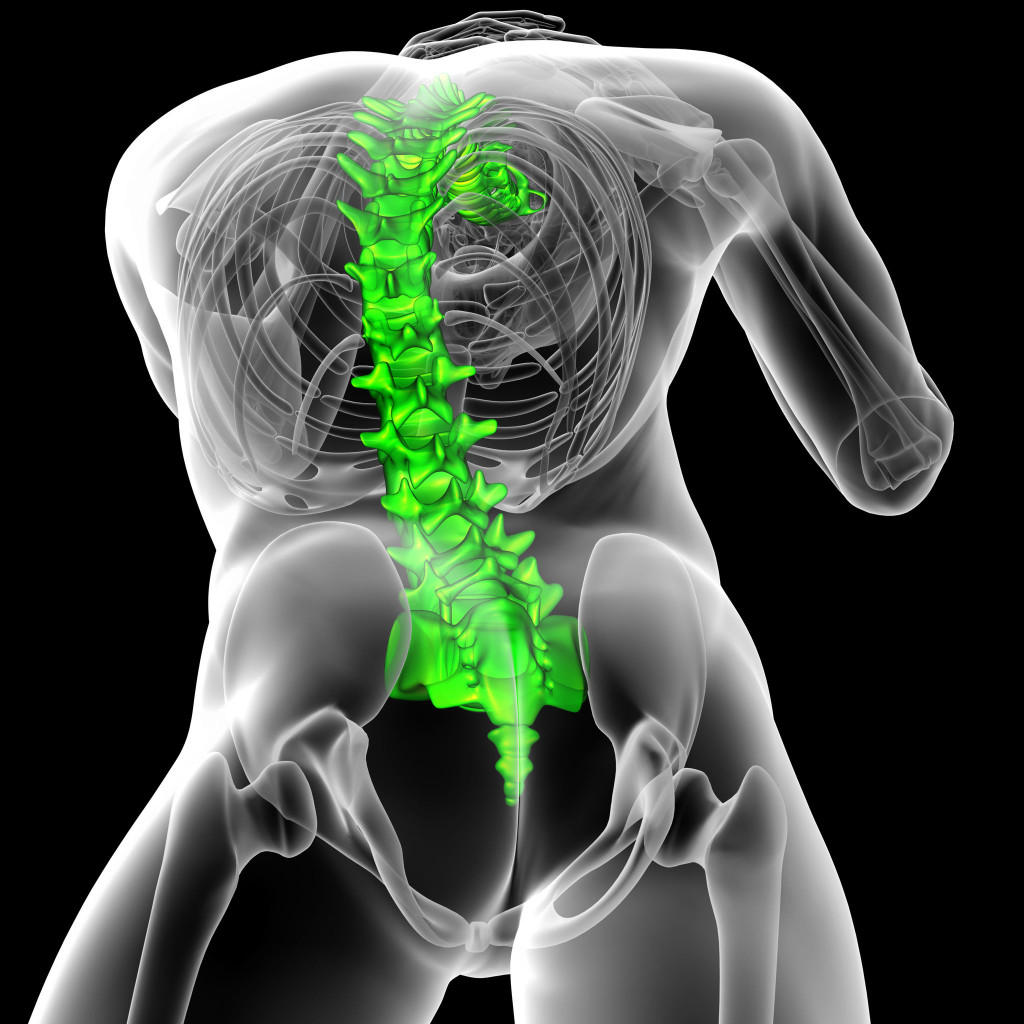Tethered Cord Syndrome – Causes & Treatments
Category: Spine | Author: Stefano Sinicropi
 In a previous article, we discussed spina bifida – a spinal birth defect. In this blog, we are going to talk about a related spinal condition known as tethered cord syndrome. We’ll take a look at the causes and risks of tethered cord syndrome and offer some tips for treating the condition.
In a previous article, we discussed spina bifida – a spinal birth defect. In this blog, we are going to talk about a related spinal condition known as tethered cord syndrome. We’ll take a look at the causes and risks of tethered cord syndrome and offer some tips for treating the condition.
What is Tethered Cord Syndrome?
Tethered cord syndrome is neurological condition in which the spinal cord experiences limited mobility within the spinal column. A normal spine typically hangs and moves freely at the base of the spinal canal. In tethered cord syndrome the base of the spinal cord is held or tethered by some other element. This can cause spinal growth issues, pain, and other serious side effects. The condition often occurs in children who have surgery to correct spina bifida after birth, and many children who have surgery to correct spina bifida will require surgery later in life to untether the spine.
There are several potential causes of tethered cord syndrome, including the following:
- Spina Bifida
- Lipoma
- Spinal tumors
- Trauma to the spine
Identifying tethered cord syndrome can be difficult, as many of the signs can be mistaken as other conditions. Here are a few of the more common symptoms to watch out for:
- Pain or tenderness around the spine.
- Lesions or discolorations of the skin on the back.
- Leg pain or numbness
- Decreases in leg strength or bladder control
If you or your child is experiencing symptoms of this condition, make an appointment with your physician right away to discuss treatment options.
Effectively Treating Tethered Cord Syndrome
Treatment for tethered cord starts with proper diagnosis. If your physician suspects you may have the condition, they will do a physical exam and likely order additional tests (MRI, CT scan, or ultrasound) to confirm the diagnosis. Once the diagnosis has been made, surgery is generally the best treatment option to avoid more serious complications down the line.